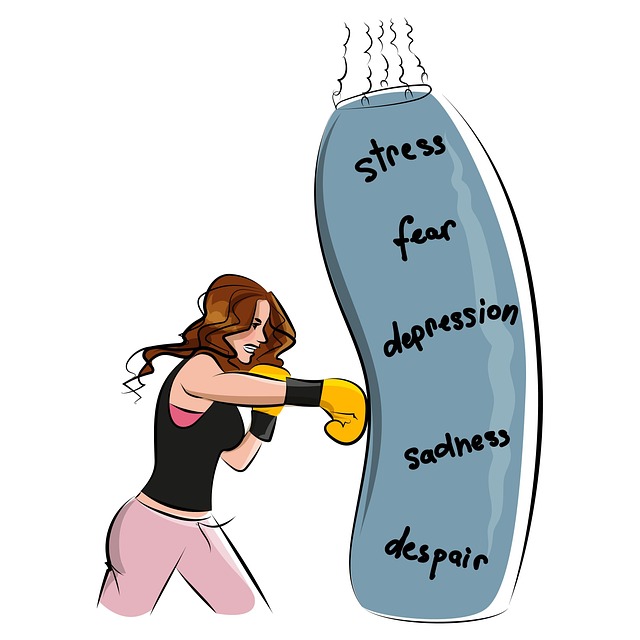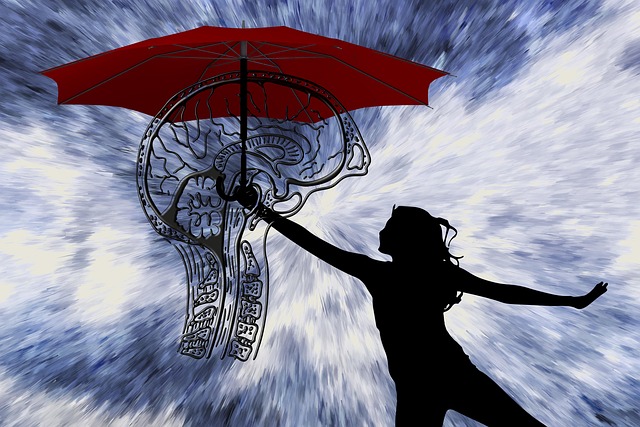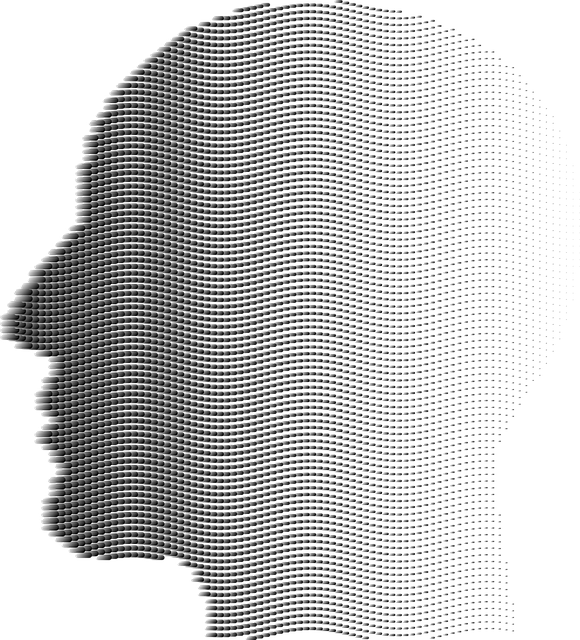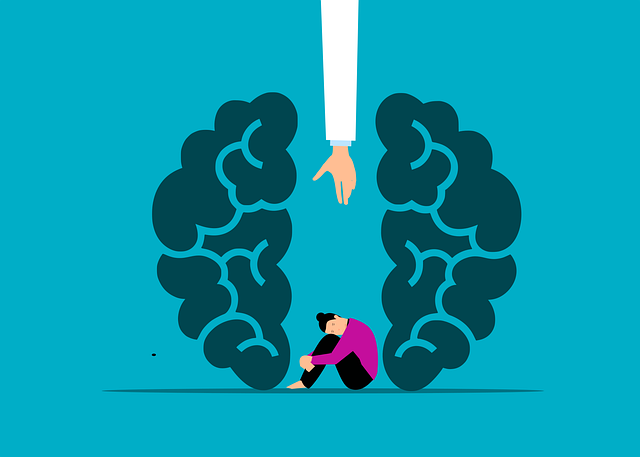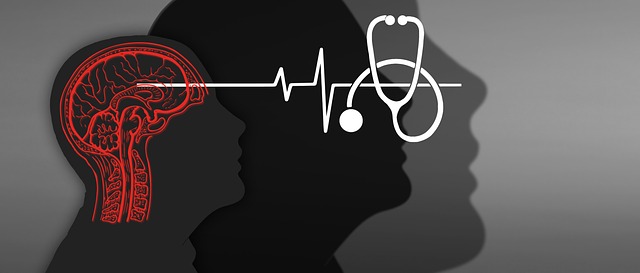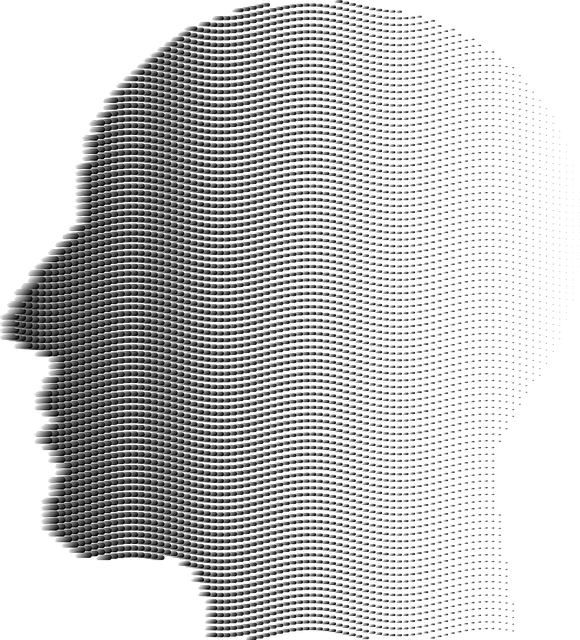Chronic pain and anxiety are closely linked, affecting daily life. Centennial Chronic Pain Therapy offers a holistic approach by addressing both physical discomfort and mental well-being. Emotional Intelligence and self-care routines help individuals manage these conditions through increased self-awareness. The therapy focuses on understanding root causes of distress and using techniques like mindfulness and compassion cultivation to reduce anxiety. Practical daily techniques, including exercise, sleep, diet, and journaling, enhance overall well-being. Mindfulness practices and reframing negative thoughts significantly reduce stress, fostering tranquility and resilience.
Anxiety and chronic pain often go hand in hand, creating a vicious cycle that can significantly impact daily life. In this article, we explore effective strategies to manage anxiety, with a special focus on the holistic benefits of Centennial Chronic Pain Therapy. We’ll delve into the connection between these two conditions, offering insights into how chronic pain can exacerbate anxiety and vice versa. Additionally, discover practical techniques for daily anxiety reduction that complement traditional treatments, empowering individuals to take control of their mental well-being.
- Understanding Chronic Pain and Anxiety: Unraveling the Connection
- Centennial Chronic Pain Therapy: A Holistic Approach to Management
- Practical Techniques for Daily Anxiety Reduction
Understanding Chronic Pain and Anxiety: Unraveling the Connection

Chronic pain and anxiety often go hand in hand, creating a complex cycle that can significantly impact an individual’s quality of life. Understanding this connection is crucial for effective management. Chronic pain, as defined by Centennial Chronic Pain Therapy, persists over extended periods, affecting not just the physical body but also influencing mental health. The experience of prolonged pain can lead to heightened anxiety and even contribute to the development of anxiety disorders. This interrelation is a two-way street; anxiety itself can cause or exacerbate chronic pain symptoms.
Emotional Intelligence plays a pivotal role in navigating this relationship. Individuals with higher emotional intelligence are better equipped to recognize and manage their emotions, which can help break the cycle. Additionally, journaling exercises focused on mental wellness and self-care routines designed for better mental health have proven beneficial. By documenting thoughts, feelings, and experiences, one can identify patterns and triggers, enabling more effective coping strategies. These practices foster self-awareness, a key component in understanding and managing both chronic pain and anxiety.
Centennial Chronic Pain Therapy: A Holistic Approach to Management

Centennial Chronic Pain Therapy offers a holistic approach to managing anxiety, acknowledging the deep connection between physical pain and mental well-being. Unlike traditional treatments that often focus solely on medication or surgery, this therapy takes into account the psychological and social aspects of chronic pain. It emphasizes understanding the root causes of distress and developing coping skills for better anxiety relief. Through a combination of evidence-based techniques such as Compassion Cultivation Practices and mindfulness meditation, patients learn to manage their symptoms more effectively.
By fostering a sense of self-compassion and promoting healthy coping mechanisms, Centennial Chronic Pain Therapy empowers individuals to take control of their lives. This approach encourages the development of resilience and equips people with the tools needed to navigate challenges related to chronic pain and anxiety. It’s not just about treating symptoms; it’s about nurturing the whole person, enabling them to live more fully and enjoy a higher quality of life despite ongoing physical discomfort.
Practical Techniques for Daily Anxiety Reduction

In the pursuit of managing anxiety, adopting practical techniques for daily reduction can significantly improve overall well-being. One effective approach is incorporating self-care practices into one’s routine, such as regular exercise, sufficient sleep, and a balanced diet. These foundational aspects not only promote physical health but also serve as powerful tools against anxiety. For instance, engaging in activities like yoga or meditation can help calm the mind and reduce stress levels, fostering a sense of tranquility throughout the day.
Additionally, cultivating positive thinking through mindfulness practices and applying mind over matter principles can be transformative. Centennial Chronic Pain Therapy suggests that by reframing negative thoughts and focusing on the present moment, individuals can disrupt anxiety’s hold. Simple strategies like journaling, deep breathing exercises, and setting realistic goals can facilitate this process, enabling better management of anxious feelings and fostering a more resilient mindset.
Anxiety management is a multifaceted journey, and as demonstrated, chronic pain often intertwines with anxiety. The article has explored this connection, offering insights into how Centennial Chronic Pain Therapy provides a holistic approach to managing both. By combining practical techniques with a deeper understanding of the mind-body relationship, individuals can effectively reduce daily anxiety and improve their overall well-being. Embracing these strategies is a proactive step towards reclaiming control and fostering resilience in the face of anxiety.

